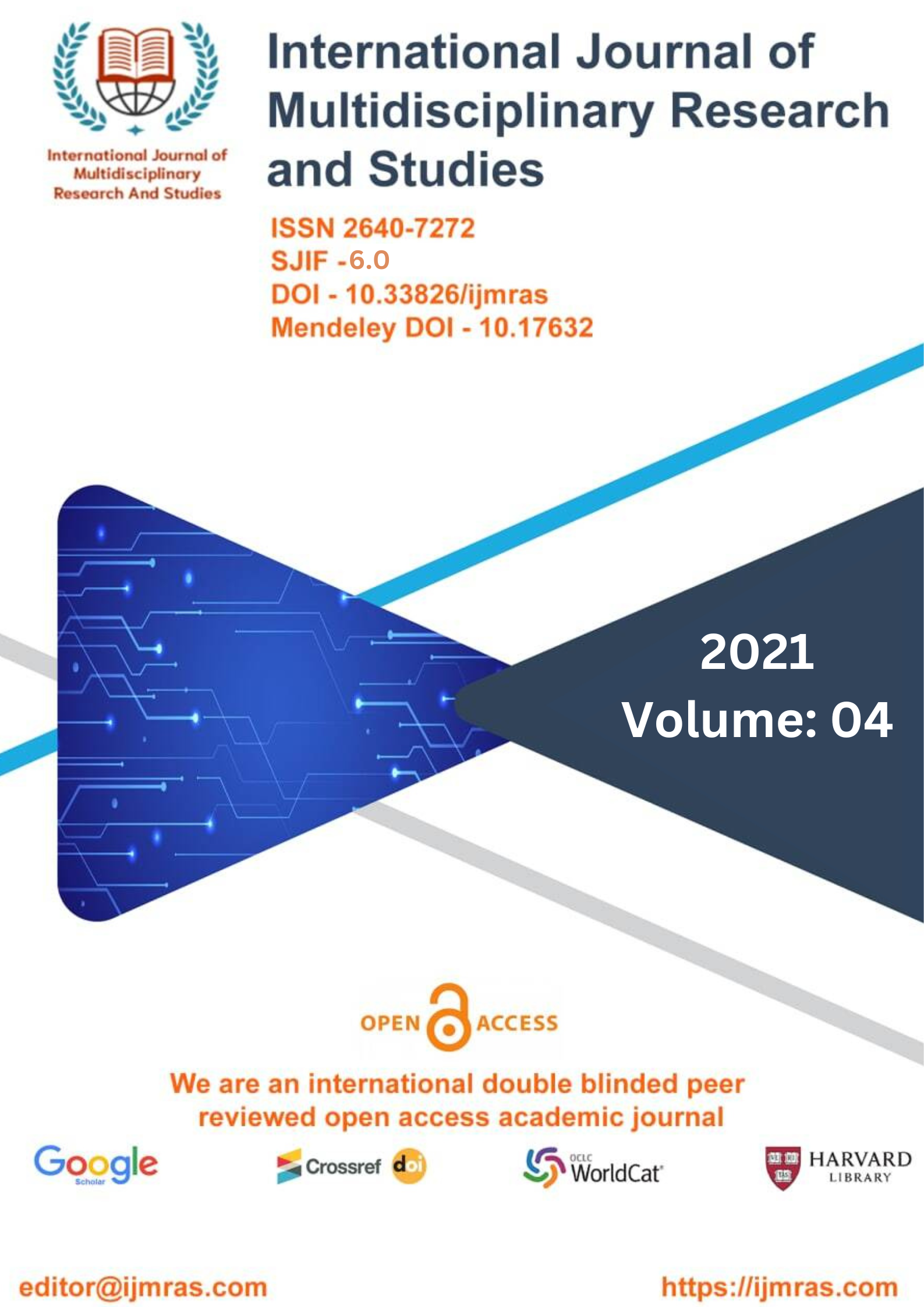STUDY ON HAROLD PINTER’S ABSURDITY

Abstract
Harold Pinter is widely regarded as one of the most skilled dramatists to work within the context of the Theatre of the Absurd. He was born on October 10th, 1930 in the neighborhood of Hackney, which is located in the greater London area of England. He was a great manipulator of language, which he saw not as a bridge that brings people together but as a barrier that has kept them apart. He believed that language was a barrier that kept people apart. He plays with words, and he plays on our nerves, and in this way, he has us in the palm of his hand. He is not concerned with ideas and concepts in the broadest meaning of the term. He is a dramatist who has had a significant impact on the current English theatre. Between the years of 1941 and 1947, Pinter was a student at the Hackney Downs Grammar School. It was around this time that he began composing both poetry and prose. In the school plays of Shakespeare that he participated in, he played both Macbeth and Romeo. He also developed an interest in the theatre. Pinter, who is known for being an absurdist playwright, almost always favors Samuel Beckett's tense and symbolic style of writing. His ability to convince us that he is portraying life-like circumstances in conventionally realistic terms is a significant element of his success.
Keywords
Absurdity, Harold, PinterHow to Cite
References
Hudson, Roger. "Ambushes for the Audience: Toward a High Comedy of Ideas" in Tom Stoppard in conversation. Ed. Paul Delaney. Michigan: University of Michigan Press, 1994. p.58.
Sartre,Jean-Paul. "Introduction to The Maids; and Deathwatch" in The Maids; and Deathwatch. London: Grove Press, 1962. p.11.
Sartre, Jean-Paul. "Beyond Bourgeois Theatre" in Tulane Drama Review. London: Grove Press, 1961. p.6.
Bonnefoy, Claude. Conversations with Eugene Ionesco. Paris: Cahiers de la, 1971. p.122
Esslin, Martin. The Theatre of the Absurd. London : Methuen, 2004. p.24
op. cit., The Theatre of the Absurd, p. x.
Ibid., p.352.
Ionesco, Eugene. Dans les armes de la ville. Paris: Cahiers de la. Paris,1957. p. 5
Pinter, Harold in an interview with John Russel Taylor. "Àccident," Sight and Sound, XXXV, No. 4 (Auturm 1966), p.184.
Ionesco, Eugene. Notes On My Theatre. Paris: Cahiers de la. Paris, 1963. p.157
Pinter, Harold. Writing For TheThéatre. London : Evergreen Review, 1964. p.81.
Buckman, Katherine. The Dramatic Wor1d of Harold Pinter. Ohio: Ohio State Univ. Press 1971. p.7-8
As quoted by Edward A. Wright. Understanding 'Today's (N.J. Englewood Cliffs: Prentice, 1967), p.72.
Pinter, Harold. Writing For The' Theatre. Evergreeh Review, No'. 37,Aug.-Sept. 1964), p. 81
Pinter, Harold as quotêd by J'ohn Russel Taylor. Anger .and After. Hammondsworth: Middlesex. 1963. p. 296.
Esslin, Martin. The Theatre of Absurd. London: Vintage publication. 2011 Print.
Baker, William. Harold Pinter. Writers' Lives Series. London and New York: Continuum
International Publishing Group . Faber and Faber. 2005
Print Pinter, Harold. 'Celebration' and 'The Room': Two Plays by Harold Pinter.
London: Faber and Faber. 2000 Print Pinter, Harold. Various Voices: Sixty Years of Prose, Poetry,
Pd.). London: Faber and Faber. 2009 Print
“The birthday Party.” (Grade Saver) 2017. –http://gradesaver.com/The Birthday- Party/Studyguide/Summary
Abrams, M.H. (2001), Thm Books, Bangalore.
License
Copyright (c) 2021 ANWAR ALAM

This work is licensed under a Creative Commons Attribution 4.0 International License.
Individual articles are published Open Access under the Creative Commons Licence: CC-BY 4.0.




